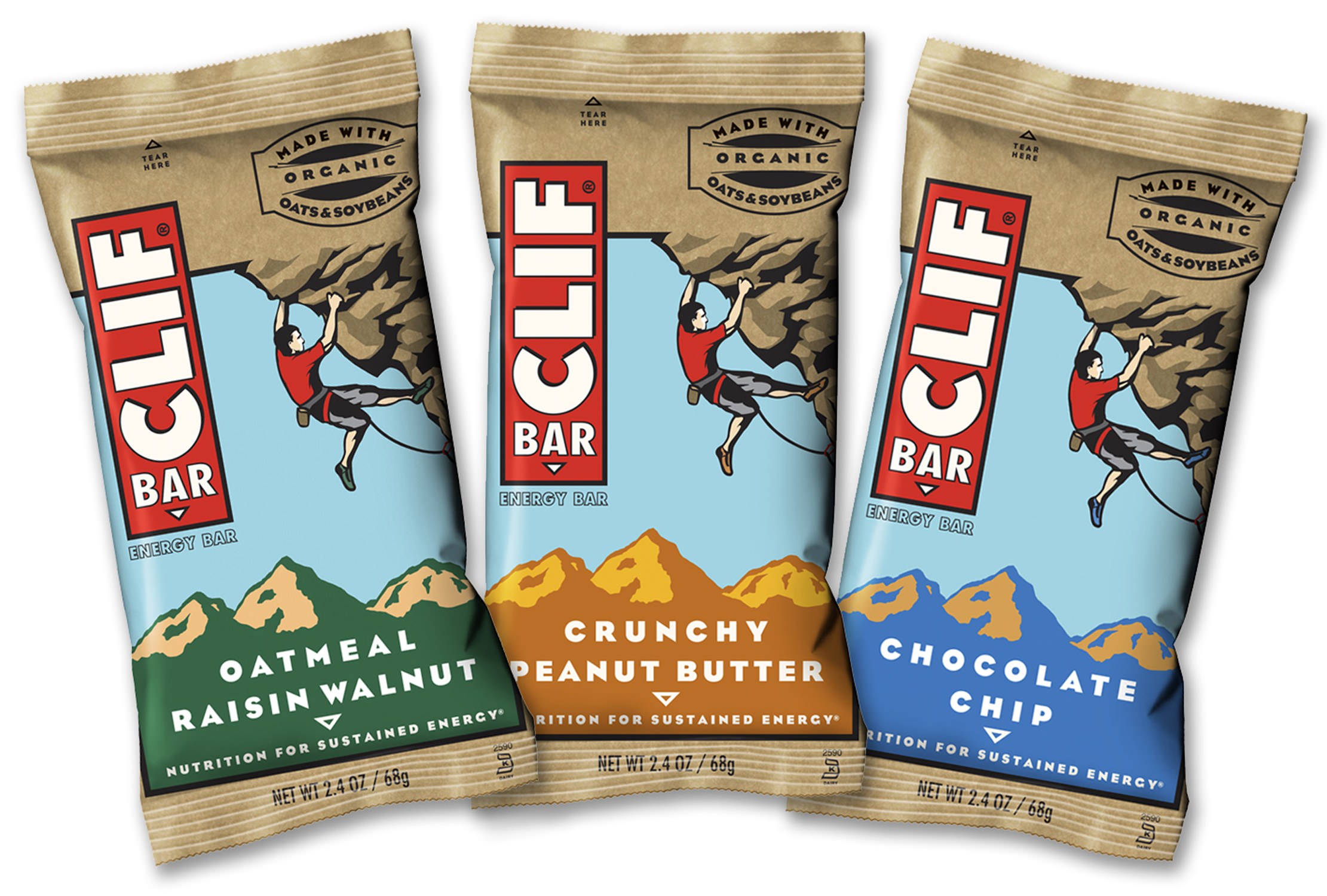Everyday Snacks Health Bars
There’s no question that protein is an essential part of a healthy diet: Research suggests that it keeps you feeling full, helps muscle recover after a workout, contributes to weight loss, and maybe even lowers blood pressure. A recent study published in Circulation, the journal of the American Heart Association, found that replacing the calories in refined carbs with a daily 40-gram supplement of milk or soy protein lowered blood pressure modestly.
All these benefits help explain why protein bars have become a diet staple. The only problem, says Jessica Janc, a certified sports nutritionist with the National Association of Sports Nutrition, is that not all protein bars are created equal — many brands are so loaded with sugar, they’re more like candy bars than diet supplements. The key, Janc says, is selecting a bar with the right building blocks — protein should be at least half the amount of the bar’s carbohydrates. “For instance, if the bar has 24 grams of carbohydrates, I would want it to have at least 12 grams of protein,” Janc explains. “I like the sugars to be below 7 grams, and the fat to be below 12 grams.

Similarly, Ericka Stachura, RD, a registered dietitian in Boston, recommends dieters watch the sugar, protein, and fiber in protein bars. “For a snack, look for bars with 200 calories or less,” she says. “For an on-the-go meal replacement, look for bars that have 200 calories or more. Serious athletes who want a post-workout recovery protein bar should look for bars with about 20 grams of protein. It’s also a good idea to look for a short ingredients list to ensure your bar is minimally processed.”
Read on to find out which protein bars are best for every diet.

